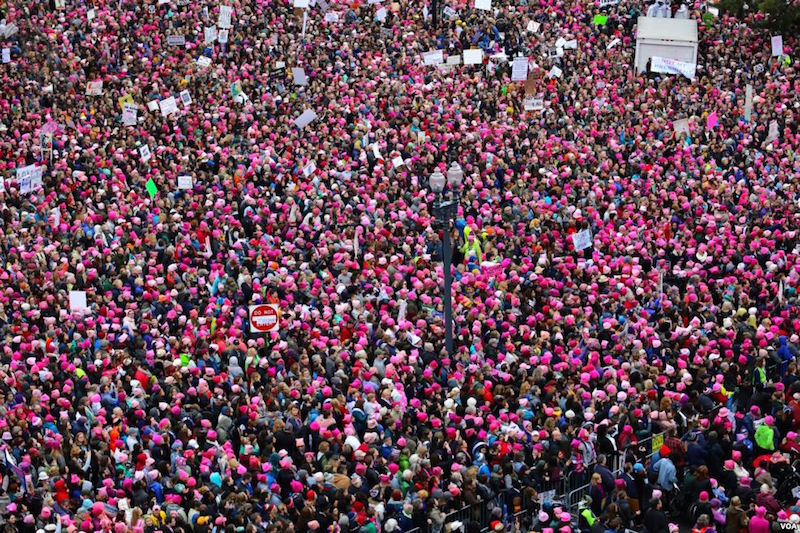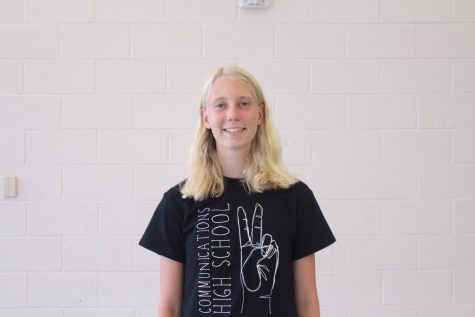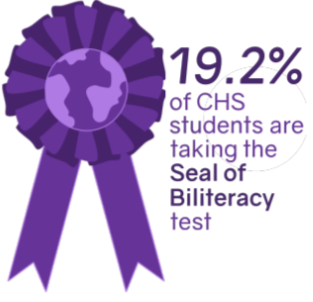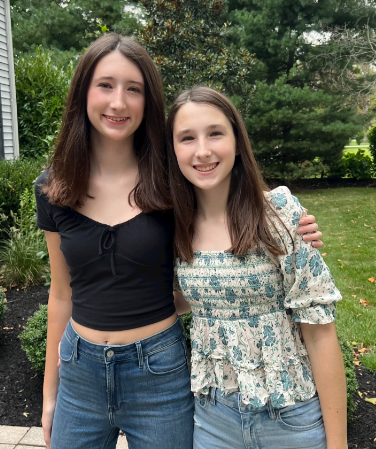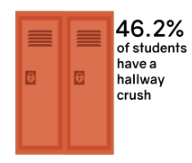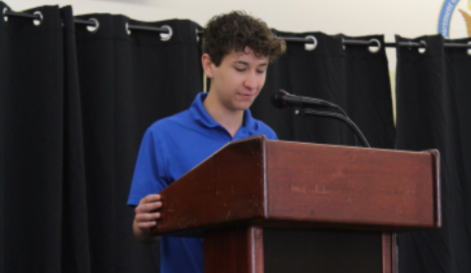Activists utilize social media to bring change
About 470,000 people participated in the Women’s March in Washington D.C. on January 21.
April 20, 2017
Activism has been prevalent since the start of the United States and is still a common occurrence in 2017. As the times and technology have changed since the American Revolution, many utilize social media as an outlet for political advocacy.
Political activists can be defined as people who promote certain ideas pertaining to politics through protests and lectures. The goal of these activists is to get their message to the public and try to persuade people to support their cause.
Many activists use social media to spread their messages because of its widespread use. Seventy-nine percent of adults who have access to the internet used Facebook in 2016, according to the Pew Research Center. For this reason, Facebook has played a key role in many protests worldwide, specifically the 2011 Egyptian revolution.
During the rebellion, Cairo was full of swarms of protesters all calling for an end to President Hosni Mubarak’s reign, according to “Geographies of the Middle East,” a news site maintained by the department of Geography at the University of British Columbia. This large scale protest distinguished itself from the previous small Egyptian attempts to be heard.
Fawaz Rashed, a Cairo activist, explained the importance of social media during the time of these protests in a tweet on Mar. 11, 2011.
“We use Facebook to schedule the protests, Twitter to coordinate and YouTube to tell the world,” he said.
More recently, many Women’s Marches took place around the country and around the world with the support of social media. Initially, the organizers of the Women’s Marches spread their ideas through Facebook, but these ideas quickly spread to other social media sites with the help of hashtags, including #womensmarch and #LoveTrumpsHate.
Approximately 470,000 people took part in the Washington D.C. Women’s March, according to The New York Times. Without the use of social media to rally supporters, the marches would likely not have been as successful. In fact, Liz Radford, one of the organizers of the Chicago sister-march, explained how she used social media to rally people to march.
“We put up a Facebook page on a Saturday morning, and by that night we had a thousand interested people,” Radford told Medill Reports Chicago, a site featuring journalism from the students and faculty of Northwestern University’s Medill School of Journalism.
But some think that social media could negatively affect the world of political activism, arguing it creates too much hatred in the world. As explained in a USA Today article, people are constantly debating on social media about each and every word a politician says and rarely agreeing with the other side.
It is also explained by “USA Today” that ‘hate’ groups are on the rise because social media allows people to hide behind fake profiles and express their true opinions. In fact, a new study released by a security organization has shown that hate group tweets and comments have received more than 900 percent more ‘likes’ from 2014 to 2016. These ‘hate’ groups are spreading their ideas, political and other, on social media in a way that is disrespectful.
Political activism through social media could become a double-edged sword. Activists rally supporters, but they can also incite divisive arguments.



